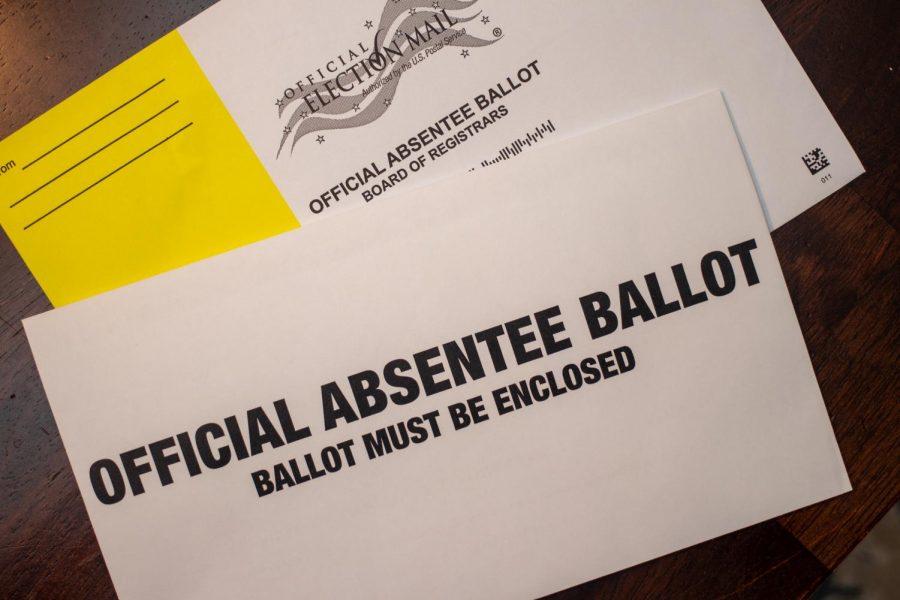
Caption
The last day to request an absentee ballot in Georgia’s Jan. 5 U.S. Senate runoff is Jan. 1.
Credit: Nicole Bailey-Covin/CCJ

The last day to request an absentee ballot in Georgia’s Jan. 5 U.S. Senate runoff is Jan. 1.
The Georgia Secretary of State's office said they will audit a random sample of absentee ballot envelopes in Cobb County from the November general election and the June 9 primary as part of an investigation that local officials mishandled the process.
The state will work with the Georgia Bureau of Investigation to examine a number of the absentee ballot envelopes that were accepted to ensure county election workers correctly confirmed the signature on the envelope matches the signature on the application for the ballot.
Allegations that Cobb failed to properly verify ballots in the June primary election mean the state will look at envelopes from both the November and June election.
There is no evidence to suggest that absentee ballots were or are being improperly counted, and signatures were already checked for the November election once ballots were returned, and signatures are checked on paper absentee ballot applications before ballots can be mailed to voters.
Republican Secretary of State Brad Raffensperger said the results of the audits should be released in the next two weeks, ahead of the Jan. 5 runoff that will decide control of the U.S. Senate. So far, more than 260,000 absentee ballots have been returned, 1.2 million have been requested and thousands of Georgians have voted during the first day of in-person early voting Monday.
While President Donald Trump and other top Republicans have assailed the signature match process as part of unfounded claims of absentee voter fraud pushed in Georgia, the state says this decision was made because of a credible allegation that merited investigating — though the opportunity to clear up misconceptions helps.
"We have a specific allegation that the process wasn't followed properly so we're going to begin looking at the absentee ballot envelopes," Gabriel Sterling with the secretary of state's office said. "At this point, this is about investigation and at the same time, enhancing people's fundamental belief in the overall system."
So far, lawsuits seeking to overturn Georgia's election results have failed in courts at every level of the judicial system, from Fulton County Superior Court to the U.S. Supreme Court, and no judge has found credible evidence of voter fraud that could question the outcome that saw Biden win by about 12,000 votes, counted three different times.
Raffensperger also said his office plans to partner with a Georgia university to conduct a study on signature match audits while also supporting legislation to move away from that form of verification in favor of voter identification. Under a new State Election Board rule passed this year, Georgians can request a ballot using an online portal and must use their driver's license information, a form of photo ID, to validate their request.
Meanwhile, Georgia's slate of Democratic electors cast 16 votes for Biden and Vice-President Elect Kamala Harris at the capitol Monday.